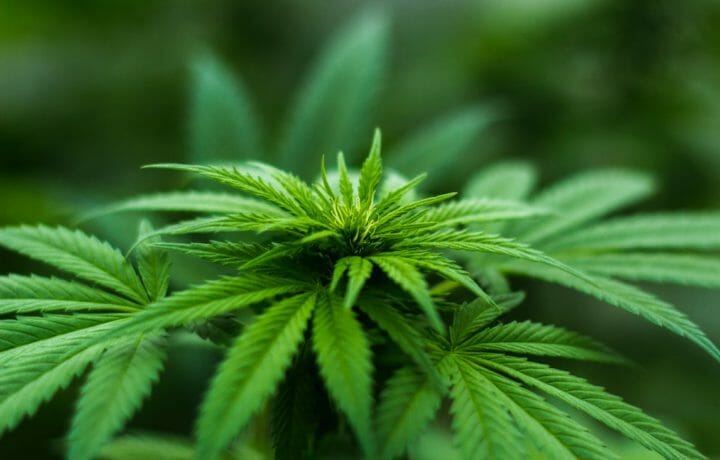Five more states are voting this November to join the 11 states that have already legalized recreational use of marijuana. To date, medicinal marijuana usage is legal in 33 states. Washington, Oregon, California, Nevada, Alaska, Colorado, Michigan, Illinois, Maine, Vermont, and Massachusetts have also added adult recreational use of marijuana to the legal mix, along with the District of Columbia. Now, Arizona, New Jersey, South Dakota, Montana, and Mississippi are looking to join the legal club. Many states have varying levels of acceptable marijuana use – from fully illegal, to medical and decriminalized, to fully legalized. However, the federal government still classifies marijuana under federal law as a Schedule I illegal drug.
Arizona, New Jersey, South Dakota, Montana, and Mississippi
- Back in 2016, just a little over half of Arizona’s voters said no to legalizing recreational cannabis. The 2016 battle was hotly contested, but this time around, there are some bigger names in favor of swinging the vote towards yes. The 2020 vote is to allow adults 21 years or older to possess, consume, or transfer up to one ounce of cannabis. The measure also creates a regulatory system for the cultivation and sale of marijuana. Supporters of the measure are also looking to usher in record expungements , as well.
- Over in New Jersey, Governor Phil Murphy is hoping to deliver on his campaign promise to legalize cannabis. Governor Murphy promises millions of dollars to boost the state’s ledgers, as well as help to advance social justice with the decriminalization of marijuana. Pennsylvania and New York residents are hoping to benefit from New Jersey’s change of law this November.
- South Dakota has plans to skip past medicinal use of marijuana and simply make it fully legal – for medicine or recreation. Right now, marijuana is illegal in any capacity in the state, but November’s vote could usher in a major change. Advocates of the measure are promoting millions in tax revenue.
- Montana voters will be deciding on the legal age limit for marijuana usage, as well as possession, purchase, and usage for recreation. Montana is looking to profit from the new measure with a 20% tax on recreational marijuana. The state is also looking for resentencing or record expungement.
- Mississippi is still more focused on the medicinal side of marijuana, with the vote focusing on whether physicians can recommend that their patients smoke pot. The amendment establishes a program for businesses to grow and sell marijuana for medicinal use and a 7% tax rate. The measure also opens up the doors to broaden allowable usage in the future.
State Law Changes But You Still Have to Report Marijuana Use
Whether you live in D.C., California, or Arizona, when asked about any illegal drug use over the past seven years, marijuana still needs to be noted – even if you live in a state that has legalized its use. Use of recreational marijuana is still against federal law, which makes it a potential problem for clearance holders. The challenge for clearance holders grows as more states join the marijuana club, but the federal government law remains unchanged. For clearance holders, federal law in regards to marijuana impacts business decisions and even who you hang out with in your free time. The more states joining the legalized list, the more business opportunities that will continue to grow. States with legalized cannabis sales are experiencing billions in revenue.
When in Doubt, Don’t Lie
You may be tempted to skirt around the answer about drug use; however, it is better to list prior drug use or association on your SF-86 than to lie. Lying about drug use is more likely to lead to clearance denial than the actual drug use. Mitigating factors around your prior drug use can help you obtain a security clearance. However, lying makes two strikes against you.
While federal law remains unchanged, there are no hard and fast rules when it comes to prior drug use with a security clearance. While there used to be clear guidance about abstaining from drugs for at least one year prior to applying for a security clearance, the cracks in that guidance are beginning to show. The current hard and fast rule for individuals who have previously used any drugs, including marijuana, is a commitment to abstaining from drug use in the future. Your state laws may change, but federal law is still the same.




